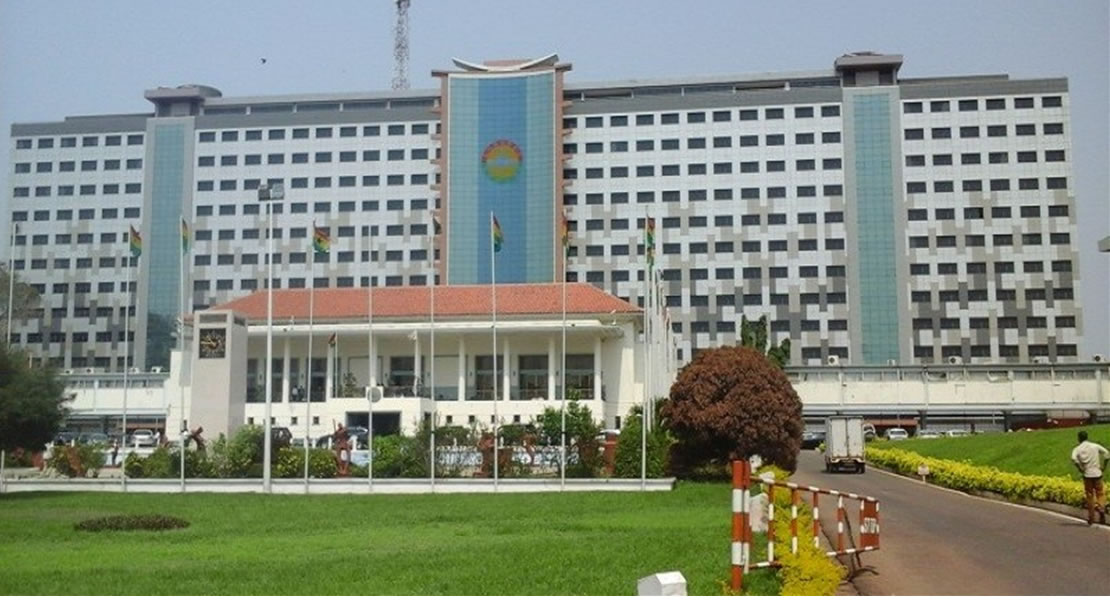
Parliament has recommended to government to consider increasing allocation to the District Assemblies Common Fund (DACF) from the current 7.5 per cent of the total national revenue to 10 per cent in order to ensure meaningful growth and development at the local level of governance.
With the increase in the members of metropolitan, municipal and district assemblies from 170 to 216, and the number of constituencies from 230 to 275, the House said keeping the percentage of allocation at the 7.5 per cent levels would not yield the nation the needed speedy development.
The House’s recommendation was contained in a report of the Committee of the Whole on the proposed formula for the sharing of the DACF for 2013.
Even though the House is on recess, members were recalled by the Speaker, Mr Edward Doe Adjaho, to approve the formula as well as the President’s nominees of deputy ministers.
The total amount approved for the DACF for 2013 is GHc1,149,247 which is an increase of 48.9 per cent of the GHc821,665.00 approved for the fund last year.
The report of the committee, which was presented by the First Deputy Speaker, Mr Ebo Barton-Odro, urged the Ministry of Local Government and Rural Development and the Ministry of Finance to look at other resources to finance priority intervention projects in order to ensure that resources were released to decentralised units to enable them to address local challenges.
The committee also observed that some assemblies had resorted to financing projects directly from the Office of the Administrator of the DACF by issuing letters indicating resolutions taken by the assemblies that required the fund to make payment for those procurements on their behalf.
“The committee, therefore recommend to the administrator not to honour such requests henceforth. Instead, the assemblies should be made to use their internal mechanisms and appropriate committees to ensure that procurements are made in the most transparent manner for the benefit of the people”.
The DACF budget allocation for 2013 include some priority intervention programmes under the Ministry of Local Government and Rural Development, and it has been planned that 28.9 per cent of the allocation will be used for the priority intervention programmes.
They include the School Feeding Programme, Sanitation/Waste Management, Sanitation Guards, National Sanitation and Seed Capital.
Source: Daily Graphic